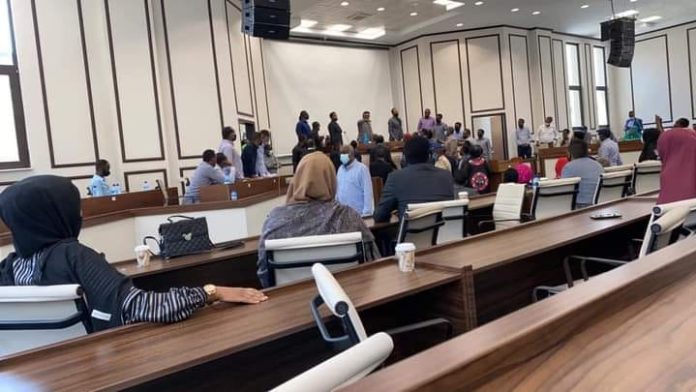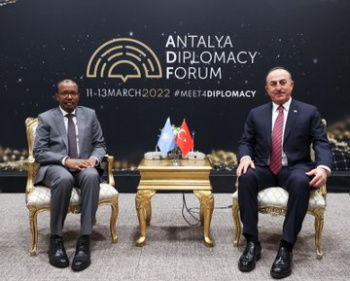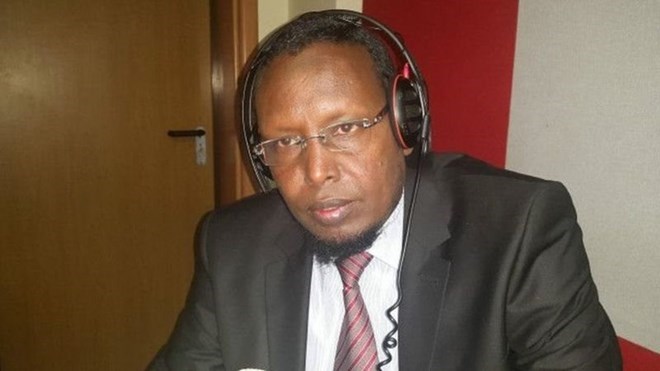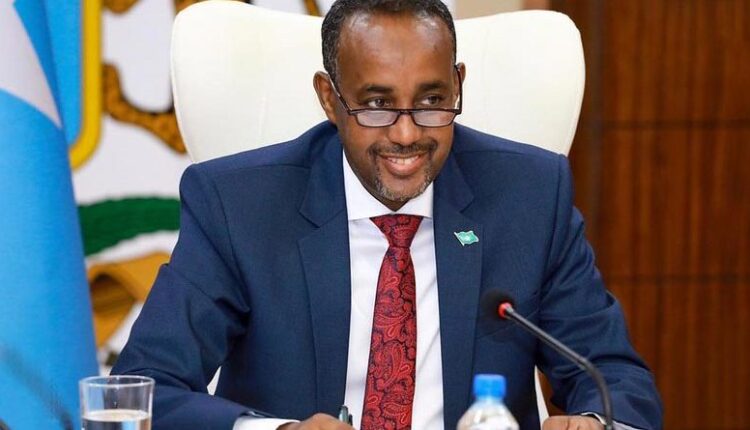Attorney General praises Somalia’s legal team after first phase of arguments
The Somali government has praised the lawyers representing its case at the ICJ after the legal team concluded their first phase of oral arguments in the maritime dispute against Kenya.
Attorney General Suleiman Mohamed said Somali lawyers representing the court had successfully completed the debate by presenting clear evidence of Somalia’s case’s legitimacy based on international principles and maritime law.
“I want to assure the Somali people that the government is united with you in defending the sovereignty and territorial integrity of Somalia, and I hope that the outcome will be a source of joy for all Somalis.”
Somalia presented its case to the ICJ for several hours on Monday and Tuesday. The proceedings were opened by Somalia’s deputy PM, who criticized Kenya for refusing to participate in the hearings – despite submitting its written arguments – and said that their position is “inconsistent with the rule of law” and Kenya’s commitment to the court.
Kenya was scheduled to present its case to the court on Thursday between 3 PM and 6 PM and on Friday from 3 PM to 4:30 PM, but it has already notified the court that it would not participate in the hearings. The presiding judge in the case, Joan Donoghue, refused Kenya’s request to address the court for 30-minutes at the start of the hearings. It is unclear if their decision to pull out will affect this timetable.
The Somali government sued Kenya at the ICJ in August 2014 after no progress was made in meetings to settle the conflict.
The international court will judge who has legal jurisdiction over a potentially lucrative, triangular stretch of 100,000 square kilometres of offshore territory believed rich in hydrocarbons and fish. Somalia argues that the maritime boundary should follow the land border’s direction – known as the median or equidistant boundary – and run diagonally. Conversely, Kenya wants it to run parallel to the latitude.
The United Nations Convention on the Law of the Sea (UNCLOS) uses the equidistant line, as claimed by Somalia, as the default tool used for delimitation. Still, the court can set aside the standard if there are exceptional circumstances, such as past agreements – either implicit or explicit.
The maritime border will determine which nation holds the exclusive right to energy resources beneath the sea. The ruling is binding, but its enforcement relies on the UN Security Council, of which Kenya is a non-permanent member.
The dispute has fuelled the deteriorated diplomatic relationship between the two East African neighbours. Mogadishu cut ties off with Nairobi in December 2020, accusing it of interfering in Somalia’s internal affairs. Kenya, one of the Troop Contributing Countries under AMISOM, denied the charge.
Somalia will continue to present its case during the second round of oral arguments on March 22 between 3 PM and 6 PM.



















